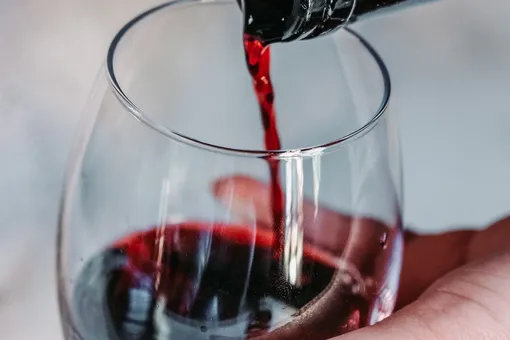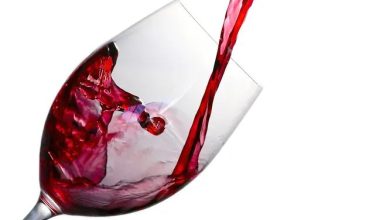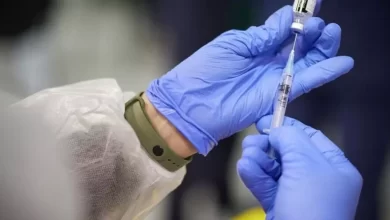
Red wine is said to reduce the risk of contracting the coronavirus
(ORDO NEWS) — The study, published last month in the journal Frontiers in Nutrition, made headlines around the world. A group of experts said that red wine reduces the risk of contracting coronavirus. But is it?
Experts believe that alcohol should never be used as a preventive measure.
First of all, it should be said that alcohol cannot be a medicine or a disease prevention. Alcoholic beverages have the same negative effect on our health.
However, a study by Chinese scientists suggested that drinking one to four glasses of red wine a week was associated with an approximately 10% reduction in the risk of contracting COVID-19. Drinking five or more glasses of red wine per week was associated with a 17% risk reduction.
Although drinking white wine and champagne also had a protective effect, the effect was less than when drinking red wine. In contrast, drinking beer was associated with a 7-28% increased risk of contracting COVID-19.
Experts believe that such conclusions should be treated with suspicion. The first and most obvious reason to be careful when interpreting this study is that correlation does not equal causation.
The analysis was based on data collected during a large longitudinal study. It involves studying the health indicators of volunteers over a long period of time.
Although the study had an impressive number of participants, the analysis simply looked for associations between drinking patterns and COVID-19 diagnosis. Because this was an observational study, it cannot be said that drinking red wine actually caused the lower risk of getting sick in this group. Any factor could be the cause.
Although the researchers made attempts to statistically adjust the results to account for some of the obvious “noise” in this study, such as age, gender, and education level, this type of adjustment is not ideal.
In addition, there are two major limitations to the data collected in the study on alcohol use. First, collecting information about what people eat and drink is notoriously unreliable.
Second, a major limitation was that the researchers collected data on drinking patterns early in this longitudinal study and extrapolated it many years into the future to complete the analysis.
That is, the researchers examined drinking patterns at the start of the study and assumed that people had the same patterns of drinking throughout the study.
Obviously, a person’s drinking habits can change significantly over the years, so this also creates a big potential error.
To sum up, even if wine did reduce the chance of infection, it would not be enough to protect. Masks, social distancing, hand hygiene and vaccination are the best proven ways to protect yourself.
—
Online:
Contact us: [email protected]
Our Standards, Terms of Use: Standard Terms And Conditions.








